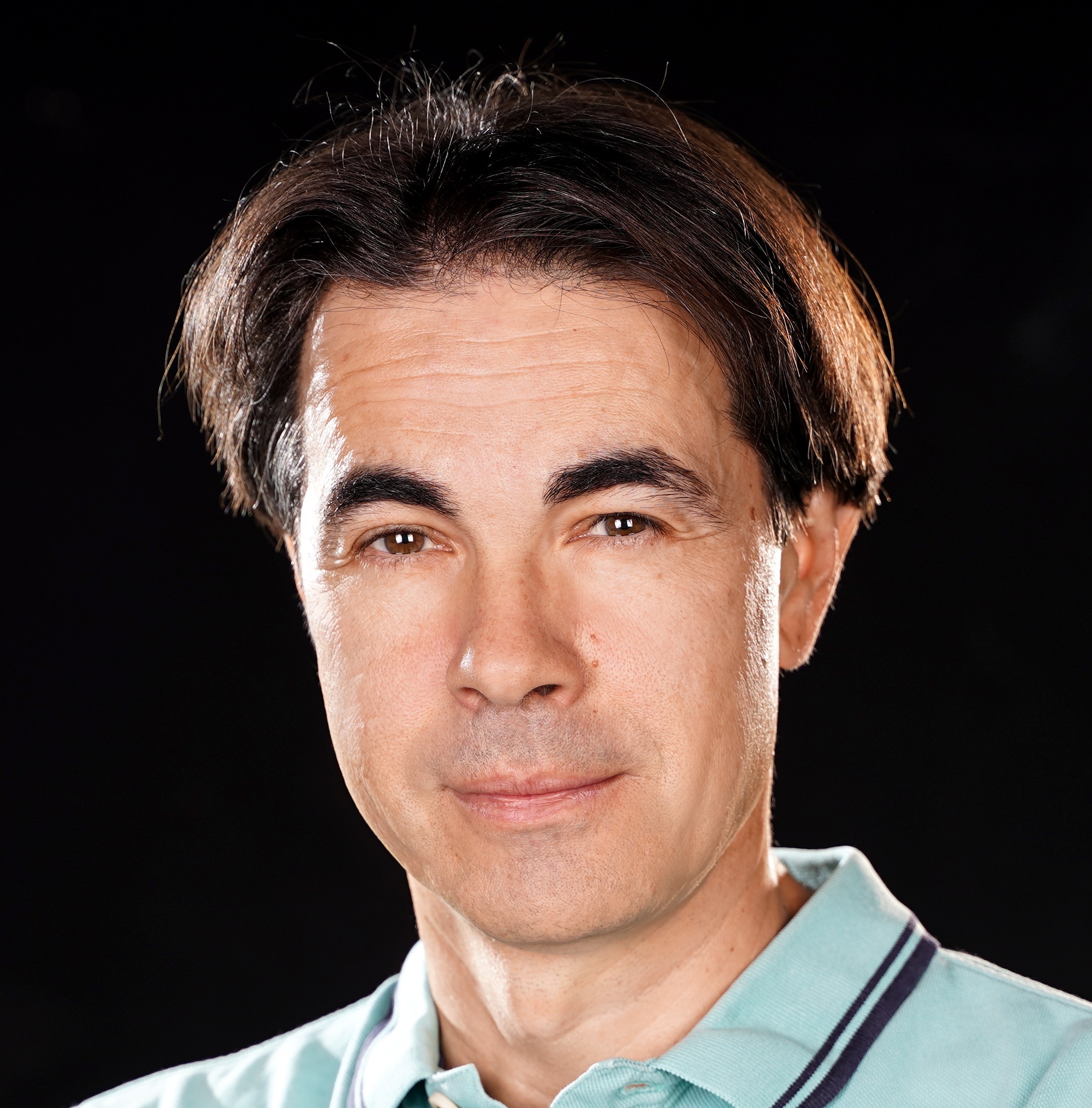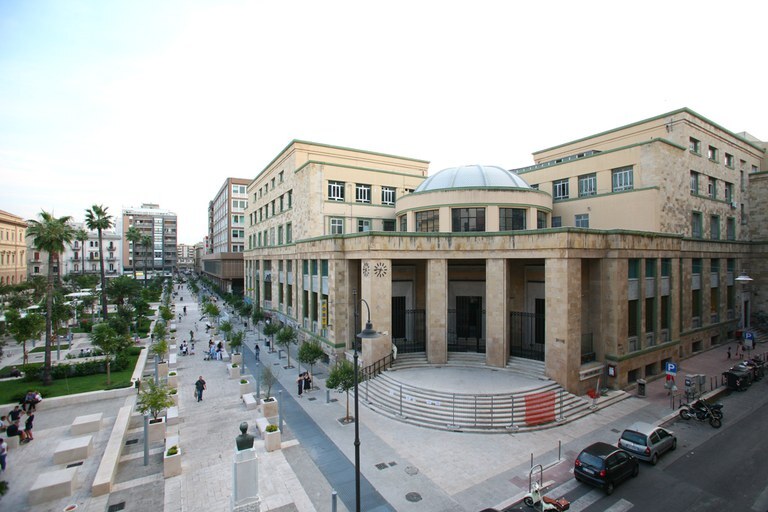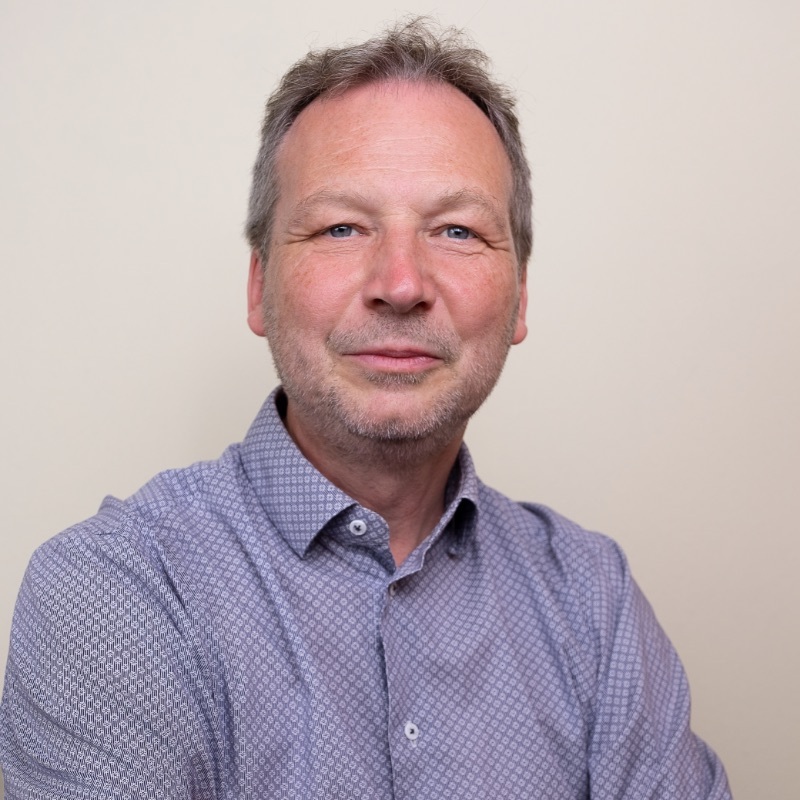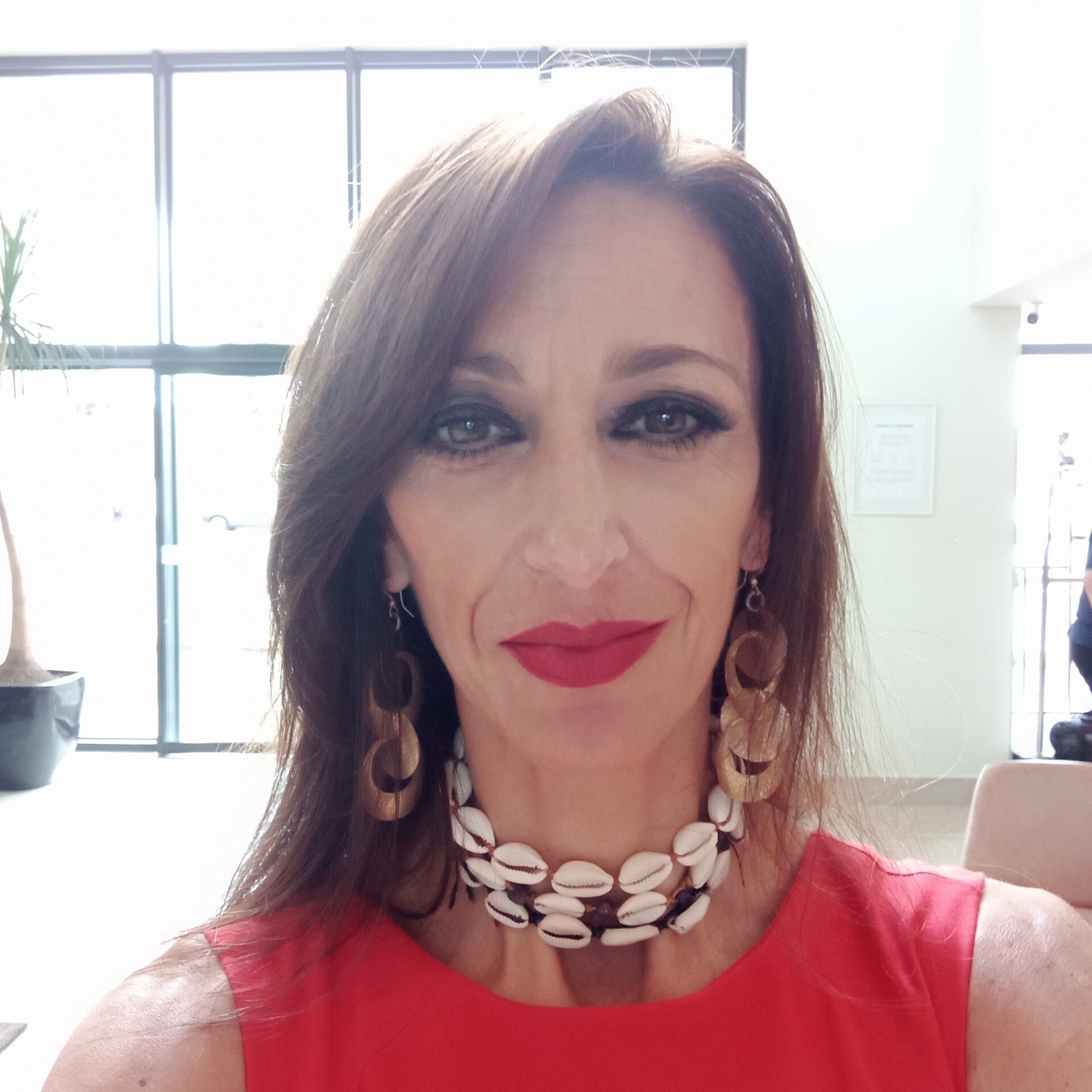
Aleksandar Baucal
University of Belgrade
Learning and development in social interaction: fruitful history and future directions
11th - 13th September 2024, Bari
In the current landscape of educational research, there is a growing awareness of and interest in discussing the positionality of all actors involved. Through their actions and words, students, teachers, researchers, tutors, etc., all express values and worldviews, collectively shaping the narratives on education across formal and informal learning contexts. At a broader level, this co-constructive process also involves actors such as policymakers, funding agencies, scientific associations, and EdTech companies. In that sense, the social interactions relevant to educational research are not only processes evolving during learning but also involve discourse and action communicating about learning - verbally and nonverbally, explicitly and implicitly across different places and situations.
Thus, not only do educationally relevant phenomena give rise to a polyphonic co-construction of meaning - such co-construction, in turn, also shapes how we perceive and act and thus transforms these phenomena. Our participation as educational researchers in this co-construction has deep implications for educational theory and practice. In this context, a particularly relevant - perhaps confronting - question for reflection is: who gets to participate in co-constructing the politics of meaning and learning? Who are ‘we’ and who are the ‘others’? For even if we agree on valuing diversity, the meaning of ‘diversity’ itself is not fixed, seeing that various kinds of diversity can be at stake in educational research and practice. Depending on how the meaning of diversity is co-constructed, different actors can be included and excluded as agents (e.g., do we mean only human diversity or also more-than-human diversity?).
At this conference, we take the time and space to engage with research as a reflexive praxis. Notably, we aim to expand our understanding of learning and social interaction, diversity in education, and educational theory to foster dialogue not only on what we do but also on how we do it and what that communicates. Such dialogue entails exploring how both our empirical findings and our ways of doing research shape and are shaped by educational discourse and practice. We invite participants to present theoretical, empirical and practical contributions on topics within the scope of SIGs 10, 21 and 25 and to address the implications of their research for educational practices and/or the worldviews and values shaping their research projects.
All aspects of our work as researchers can be enacted in various ways, which contribute differently to co-constructing the politics of meaning, diversity and learning. This raises a variety of questions, for example:
These issues are challenging to address all at once in the course of our work as researchers, yet they are always at play. A conscientious and critical approach to research entails reflecting on the theoretical framing and practical implications of our investigations, as well as considering the political processes that contribute to educational research and practice so we might act and respond to them in an informed manner. Doing so together is not only our ethical responsibility as researchers but also empowers us to take our place in the world more consciously.

The Department of Education, Psychology, and Communication Sciences at the University of Bari

How do I find the conference venue?
The conference will hold its activities across three buildings, each within 100m of each other. Conference buildings map
To reach the conference venue from the main railway station (Bari Centrale), you can use this Google Maps link, which provides a preloaded route.
If you are unable to use Google Maps, please follow these steps:
December 11th, 2023
January 3rd, 2024
January 22nd, 2024
March 20th, 2024
April 20th-30th, 2024
May 6th, 2024
June 16th, 2024
June 30th, 2024
August 16th, 2024
11th - 13th September 2024
Submissions are now closed. Below, you will find practical information on how to prepare for your session.

Symposium sessions are scheduled for 90 minutes. We encourage the symposium team to raise open questions for the audience. The organisers of symposia must appoint their own session chair to monitor and communicate the time during the session. How do you prepare for a symposium?

Single paper sessions are scheduled for 90 minutes and consist of three/four thematically clustered papers. Each presenter is offered 15/20 minutes to present their paper. As part of the innovations in session formats which we invite at this conference, this may take various forms besides an oral presentation, such as multimedia, interactive or otherwise creative contributions that are relevant to the topic and can be carried out within the given time frame. The presentations are followed by a discussion facilitated by a session chair appointed by the organisers. How do you prepare for a paper session?

Posters offer researchers a chance to present their work in a visual format. In addition to preparing a physical poster, presenters should be prepared to make a brief presentation/pitch of their research (up to 5 min). Poster presenters can discuss their research with the audience and other presenters in the session. A session chair facilitates the discussion. How do you prepare a poster presentation?

Workshops provide an opportunity to familiarise participants with an aspect of or innovation in research or teaching practice, such that questions and discussions are suitably informed by hands-on experience and/or in-depth explanation. How should you plan your workshop?

Roundtable discussions entail an exploratory collective discussion on a specific theoretical or empirical issue, hot topic or controversial claim from multiple perspectives. This session type is ideally suited for inviting representatives of stakeholders, policymakers, associations, research institutes, or companies to allow a diverse collective of viewpoints. How do you prepare for a roundtable discussion?
Submission policy & submitting a paper
The submission system is now closed, and all authors have received information on the review results. We ask all presenting authors to follow guidelines on binding registration dates. In case of a change of the presenting authors, please contact the conference team.
Registration
Registration is now closed. If you have any additional questions, please contact us at sig102125conference@gmail.com.
The programme online is constantly updated to reflect possible changes in presentations. Please also observe for possible changes in room allocation and chairs. Last update: September 10th 2024
September 10th - Preconference school visit (Remember to register using the link by September 8th!)
September 11th - DAY 1 programme
September 12th - DAY 2 programme
September 13th - DAY 3 programme
The Book of Abstracts can be downloaded from here.
Please refer to our Code of Conduct.
Social & Cultural Program at the SIG conference
Post-Conference Activities
Visit to the UNESCO Heritage Town of Alberobello
Date & time: 14th September; departure around 3 PM from a location near the conference venue, return around 10 PM.
Location: Alberobello, known for its iconic trulli houses, is a UNESCO World Heritage site.
Description: Enjoy a guided tour of Alberobello's picturesque streets and unique architectural marvels. The visit will include an aperitif and a light dinner, offering an opportunity to engage informally with local educators and teachers in a charming setting.
Cost: It is estimated to be around €60 per person, which includes transportation, the guided tour, and the aperitif with a light dinner.
Registration: Please register using this link by August 23rd. Additional information, including meeting points and specific details, will be shared based on the number of confirmed participants.
We look forward to welcoming you to Bari for an unforgettable conference filled with insightful discussions, networking opportunities, and rich cultural experiences. If you have any questions, please contact us at sig102125conference@gmail.com.
All keynotes are held at Aula Leogrande, starting at 13:30 each day.

University of Belgrade
Learning and development in social interaction: fruitful history and future directions

University of Padova
Beyond font and pixel: towards an ecology of knowledge co-creation

University of Salerno
Walking the borders! The Cultural Psychology of Bordering Process
To ensure your stay is as comfortable as possible, we have compiled a list of well-known hotels near the conference venue. You can find this list below. Additionally, we highlight the presence of numerous Bed & Breakfasts (B&Bs) in the same area. These establishments provide lodging experiences at different price points, often cheaper than hotels. To explore various options and find a B&B that suits your preferences, please use one of the several online agencies and marketplaces for homestays that are used worldwide.
Hotel Excelsior, Via Giulio Petroni, 15, Bari, 70124
Hotel Boston, Via Piccinni 155, Bari, 70122
Oriente Hotel, Corso Cavour 32, Bari, 70122
Zodiacus Aparthotel, Via Roberto da Bari, 101 – 70122
Hotels Bari Grande Albergo delle Nazioni, Lungomare Nazario Sauro 7, Bari
Hotel Costa, Via Crisanzio 12, Bari
Mercure Villa Romanazzi Carducci, Via Capruzzi 326, Bari
Hotel Adria, Via Zuppetta 10, Bari
ACCOMMODATION OFFER SIG 10-21-25 conference 2024 for B&B and University Boarding School
Transportation
To get from the airport to the main railway station in Bari (Stazione Bari Centrale):
Lost and Found: If you lose something during the conference, please go to the conference registration desk. Our conference assistants and members of the organizing committee are available to help.
Emergency: For non-life-threatening emergencies, please seek help from a conference assistant. In the event of a life-threatening medical emergency, dial 118 (the national health emergency number) on your mobile phone. You can also dial 112, the European emergency number connecting you to the national emergency control centre. The 112 number is available throughout the European Union to reach emergency services for medical, police, or fire assistance. 112 and 118 can be dialled free of charge from any phone, including mobile phones in Italy.
Luggage Deposit: A luggage deposit is available at the conference site for your convenience. For more information, please speak with our on-site staff. Please note that we are not liable for lost valuables; we advise you to keep your valuables with you at all times.
Internet Access: The University of Bari offers Education Roaming (Eduroam) for internet access. To connect, select the "eduroam" Wi-Fi network and log in using your home university account credentials. If you encounter any issues, please visit the conference registration desk. We can provide you with access to a guest network through the university, but please note that guest accounts are limited.
Water: Water is safe for consumption. Please bring your own water bottle.
Electricity and travel plugs: Italy has three associated plug types: C, F, and L. Plug type C has two round pins, plug type F has two round pins with two earth clips on the side, and plug type L has three round pins. Italy operates on a 230V supply voltage and 50Hz.
Maria Beatrice Ligorio (University of Bari, Italy)
Loredana Perla (University of Bari, Italy)
Andrea Bosco (University of Bari, Italy)
SIG 10 - Social Interaction in Learning and Instruction
Jelena Radišić (University of Oslo, Norway)
Mayra Mascareño Lara (University of Groningen, the Netherlands)
Charlotte Báez St.Gallen University of Teacher Education (Switzerland)
SIG 21 - Learning and Teaching in Culturally Diverse Settings
Sikunder Ali (Norwegian University of Science and Technology, Norway)
Andreas Gegenfurtner (University of Augsburg, Germany)
Dimitrios Papadopoulos (Gothenburg University, Sweden)
Özün Keskin (University of Augsburg, Germany)
Giuseppe Ritella (University of Helsinki, Finland / University of Campania Luigi Vanvitelli, Italy)
Larike Bronkhorst (Utrecht University, the Netherlands)
Elisabeth Angerer (University of Edinburgh, UK)
Maria Beatrice Ligorio (University of Bari, Italy)
Loredana Perla (University of Bari, Italy)
Andrea Bosco (University of Bari, Italy)
Pietro
Crescenzo (Ecampus University, Italy)
Annalisa Ventrella (University of Bari, Italy)
Sara Torre (University of Bari, Italy)
Susanna Annese (University of Bari, Italy)
Alessandro Caffò (University of Bari, Italy)
Antonella Lopez (Giustino Fortunato University, Italy)
Giuseppina Spano (University of Bari, Italy)
Luigi Tinella (University of Salerno, Italy)
Annamaria di Grassi (University of Bari, Italy)
Raffaella Forliano (University of Bari, Italy)
Desirè Pomarico (University of Bari, Italy)
Sergio Traficante (University of Bari, Italy)
Anna Cavallaro (University of Bari, Italy)
Luana Bruno (University of Alcalà, Spain)
Jacqueline Ritter (Federal University of Rio, Brazil)
Alex Romàn Garcia (Jaime Ferrán Clua, Madrid, Spain)